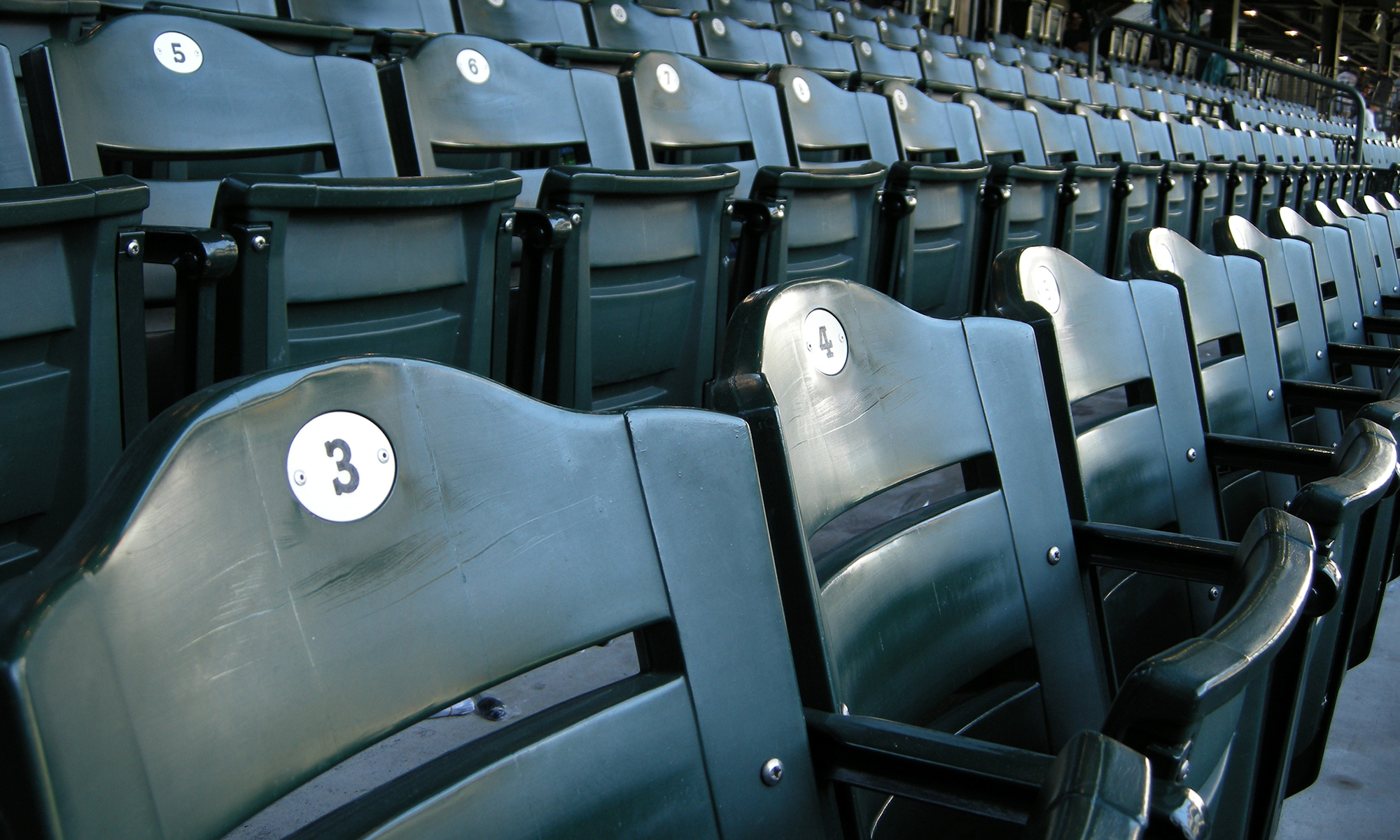Although the House settlement approaches the decision for final approval, lawsuits between players, coaches, schools, and collectives continue to push forward. As outlined in our previous blog post, on May 31, 2024, University of Georgia quarterback Jaden Rashada filed a lawsuit against the University of Florida’s head football coach and a large contributor to that university’s NIL collective. Rashada’s complaint alleges that University of Florida head football coach Bill Napier and certain wealthy University of Florida boosters fraudulently induced him to forfeit a $9.5 million NIL deal to attend the University of Miami by “offering” him a $13.85 million NIL deal to attend Florida. Importantly, Mr. Rashada claims damages in the amount $9.5 million and an unidentified amount for “lost opportunity to pursue other NIL deals . . . ”
On July 23, 2024, each defendant filed a motion to dismiss Rashada’s claims, which include: (a) fraudulent misrepresentation and fraudulent inducement; (b) aiding and abetting fraud; (c) civil conspiracy to commit fraud; (d) negligent misrepresentations; (e) tortious interference; and (f) aiding and abetting tortious interference. Rashada immediately filed an amended complaint and defendants Billy Napier, former Florida Director of Player Engagement and NIL Marcus Castro-Walker, mega-booster Hugh Hathcock, and Velocity Automotive Solutions LLC re-filed their motions to dismiss in late September 2024.
Defendants’ arguments largely followed two broad themes: (1) that college football recruiting is replete with overly-optimistic “promises” and Rashada fails to allege facts showing how this situation is any different than a recruit being told that they “will be a first-round NFL draft pick if they attend this school”; and (2) that “[o]pening the doors of the federal courthouse to every college football player seeking injunctive relief or specific performance of an ‘oral contract’ when their dream doesn’t materialize would only lead to a class of plaintiffs larger than any mass tort action on record.” Additionally, the individual defendants raised a sovereign immunity argument, which generally helps shield state entities and employees.
Oral argument on the motions took place earlier today before Judge Rodgers. Universities, collectives, and athletes should all pay close attention to this case as it has the potential to set the benchmark for how courts will view “oral” promises during recruiting regardless of the outcome of the House settlement.
